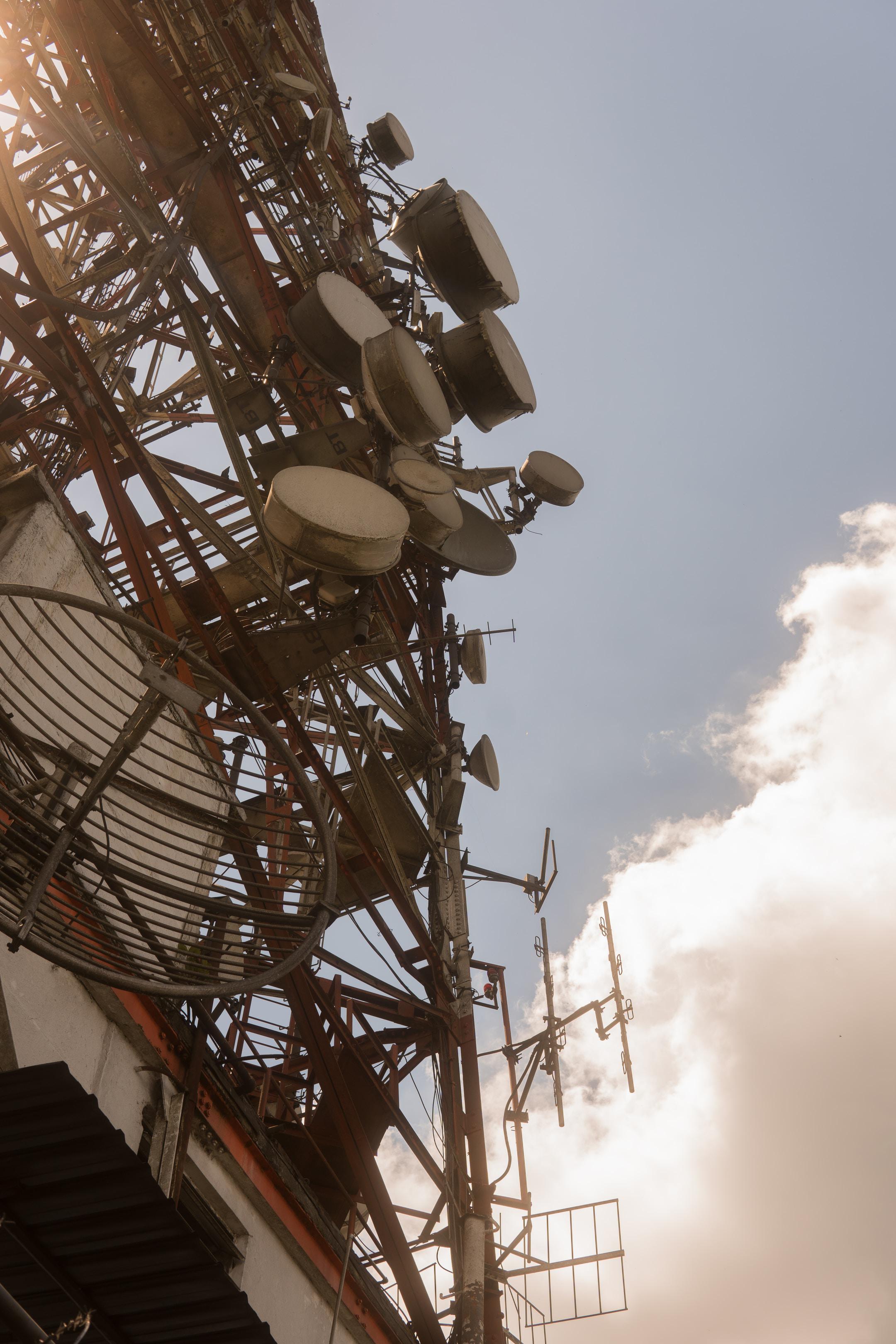
Between the mandates from the Federal Communications Commission (FCC) and staying abreast of the widespread effects of the coronavirus pandemic, it’s too easy to fall behind on maintaining compliance with the TRACED Act and stir-shaken.
However, it’s important not to fall behind, as the deadline to implement compliance guidelines will be here much sooner than you may expect.
If you’re concerned about maintaining compliance with the FCC, here’s what you need to know about the TRACED Act and stir-shaken compliance deadlines.
All telecoms service providers must implement stir-shaken standards by June 2021, as ordered by the FCC and the federal TRACED Act. This piece of legislation, as you may remember, made call authentication guidelines mandatory for all voice service providers.
However, implementation of these protocols isn’t something that can be done overnight — even by the most talented team. It’s a multi-step process that takes time to complete, so telecommunications service providers that haven’t updated their standards yet must begin doing so now.
Those that fail to do so may cause issues for their subscribers. Their customers may find their calls labeled as spam, or maybe even blocked.
On the other hand, once stir-shaken is successfully deployed, the FCC estimates that the move could save people as much as $3 billion every year — all from the time they save not dealing with spam and robocalls.
Recently, the FCC granted extensions to certain voice service providers, including smaller and non-IP companies. News of this came from the organization’s Second Report and Order that was released at the end of September.
Smaller providers with 100,000 voice subscriber lines or less will have two years to implement stir-shaken, for example. Meanwhile, those that are unable to obtain stir-shaken certification will be granted an extension until they can get the certificate as well.
However, the FCC will require these companies to prepare a written robocall mitigation plan. In doing so, the organization hopes that this will reduce the amount of illegal robocalls originating from these businesses. Those with an inadequate plan in place may find themselves forced to implement more stringent practices against spoofing.
Telecoms service providers that plan to take advantage of this must file their extension request by November 30, 2020.
Finally, the FCC will be requiring all companies that deliver calls to the US to have either a robocall mitigation plan or a certificate of stir-shaken implementation. Those that don’t will find their calls rejected by the receiving service providers.
When it comes to stir-shaken compliance, trust the experts at Prescott-Martini, LLC.
Our company provides telecom businesses with FCC-mandated call authentication programs that are designed to reduce spoofing and robocalls. In conjunction with our partners, we are proud to be an authorized provider of both verified ANIs and digital tokens for call originators.
Instead of taking care of this in-house, allow us to help provide these services as your partner in token database operations. If you’re interested in learning how we can help your telecommunication company stay compliant with the FCC and the TRACED Act, get in touch. Send us a message by filling out the contact form on our website.
Stay updated on the latest news in the regulatory and compliance world! Sign up to receive our newsletter.